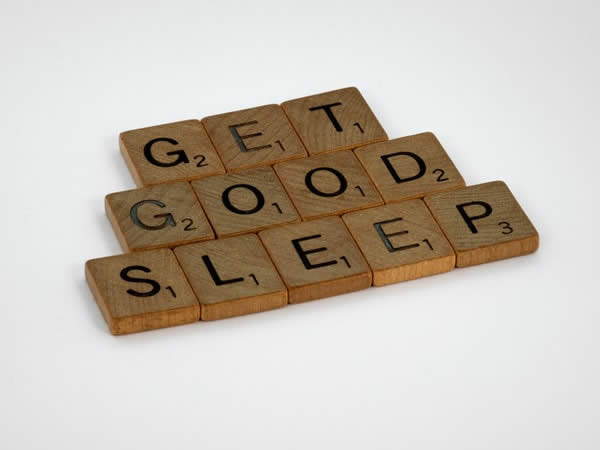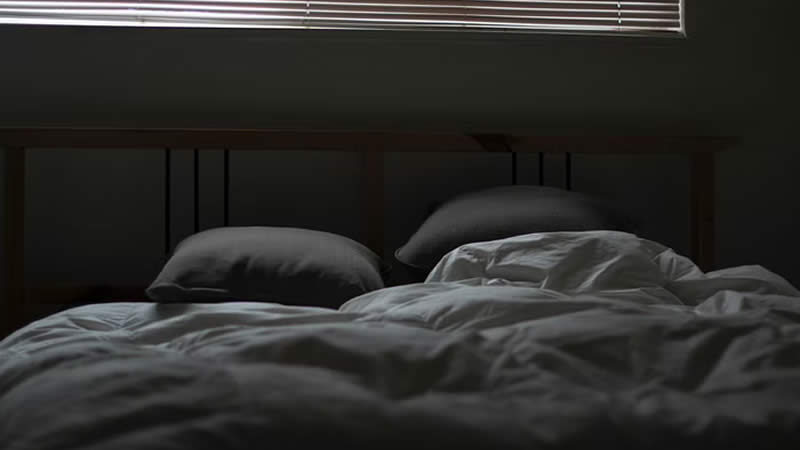Most college students don’t get nearly enough sleep. A national survey of college students found that only about one-third reported getting eight hours of sleep a night, which is the number of sleep experts say people need to function at their best. The consequences of sleep deprivation are serious.
Getting a proper amount of sleep is so important, especially when you are pursuing a bachelor’s degree in paralegal studies. This is the first step in a career as a paralegal. A paralegal studies program can provide individuals with the skills they need to work as a paralegal in a law office.
The program may include courses in legal research and writing, legal ethics, civil law, and criminal law. Students may also be able to choose a concentration in a particular area of law, such as family law or intellectual property law. Working for a law firm is tough work, and getting good sleep is essential for your success
The Dangers of Sleep Deprivation
Sleep deprivation is a serious issue and can have many dangers. It can lead to health problems, decreased productivity, and even car accidents.
Health problems from sleep deprivation can include obesity, heart disease, high blood pressure, and diabetes. These health problems are all worsened by lack of sleep.
Decreased productivity can come from sleep deprivation in a few ways. First, if you are tired, you are not going to be as productive as if you were well-rested. Second, when you are tired, you are more likely to make mistakes. Finally, lack of sleep can lead to a decrease in creativity and problem-solving ability.
Car accidents can be caused by sleep deprivation in a few ways. First, if you are tired, you are more likely to fall asleep at the wheel. Second, if you are driving tired, you are more likely to make mistakes. Finally, sleep deprivation can lead to a decrease in reaction time.
Take steps today to improve your sleep! You might even want to try mushroom supplements from eons.com. Just remember to always consult your healthcare provider before taking any new supplements.
How To Tell If You’re Not Getting Enough Sleep

Most people need between 7 and 8 hours of sleep a day. When you don’t get enough sleep, you’re more likely to experience:
Problems with focus and concentration
Difficulty learning and retaining information
Poor judgment and decision-making
Impaired reaction time
Moodiness and irritability
Fatigue and lack of energy
Increased stress levels
Increased vulnerability to illness
How To Get a Better Night’s Sleep

Good sleep is important for everyone, but it is especially important for college students. College students are under a great deal of stress, and good sleep can help them deal with that stress. Poor sleep can also lead to health problems, both now and in the future.
There are many things college students can do to get a better night’s sleep. One of the most important is to create a regular sleep schedule. Go to bed and wake up at the same time each day, including weekends. This will help your body get into a routine and make it easier to fall asleep.
Another important thing to do is make sure your sleeping environment is conducive to good sleep. Make sure your room is dark and quiet, and avoid using electronic devices in bed. If you can’t fall asleep within 20 minutes, get up and do something relaxing until you feel sleepy.
Finally, make sure you’re getting enough exercise and eating a healthy diet. Exercise can help you fall asleep faster, and healthy foods will help keep your body healthy and functioning well.
The Effects of Poor Sleep on College Students

Poor sleep can have a significant impact on college students’ academic performance, physical health, and mental well-being.
Academic Performance. One of the most obvious effects of poor sleep is that it can lead to poorer academic performance. Full-time students who don’t get enough sleep are more likely to have lower grades and to be less engaged in their coursework. This is likely because sleep deprivation can lead to problems with focus, concentration, and memory.
Physical Health. Poor sleep can also have a negative impact on college students’ physical health. Sleep deprivation can increase the risk of developing chronic health problems such as obesity, heart disease, and diabetes. It can also lead to problems such as headaches, fatigue, and irritability.
Mental Well-Being. Poor sleep can also have a negative impact on college students’ mental well-being. Sleep deprivation can increase the risk of developing mental health problems such as depression and anxiety. It can also lead to problems such as stress, poor decision-making, and cognitive decline.
Sleep is important for everyone, but it’s especially important for college students. College can be a demanding time, with classes, homework, and social life to balance. It’s important to make sure you’re getting enough sleep so you can stay healthy and perform your best.
Overall, sleep is essential for memory and learning. When you’re sleep-deprived, you can’t focus as well and you’re more likely to make mistakes. You may also have trouble retaining information that you’ve studied. Sleep is also important for your physical health.
When you are sleep-deprived, you’re more likely to get sick and experience health problems such as obesity and heart disease. To get the most out of your sleep, it’s important to establish a regular sleep schedule.
Try to go to bed and wake up at the same time every day, including weekends. Make sure your bedroom is dark, quiet, and cool, and avoid using electronics in bed.
If you have trouble falling asleep, try reading or relaxing before bed. College can be a demanding time, but it’s important to make sure you’re getting enough sleep. Get into a good sleep routine and you’ll be able to stay healthy and perform your best.



